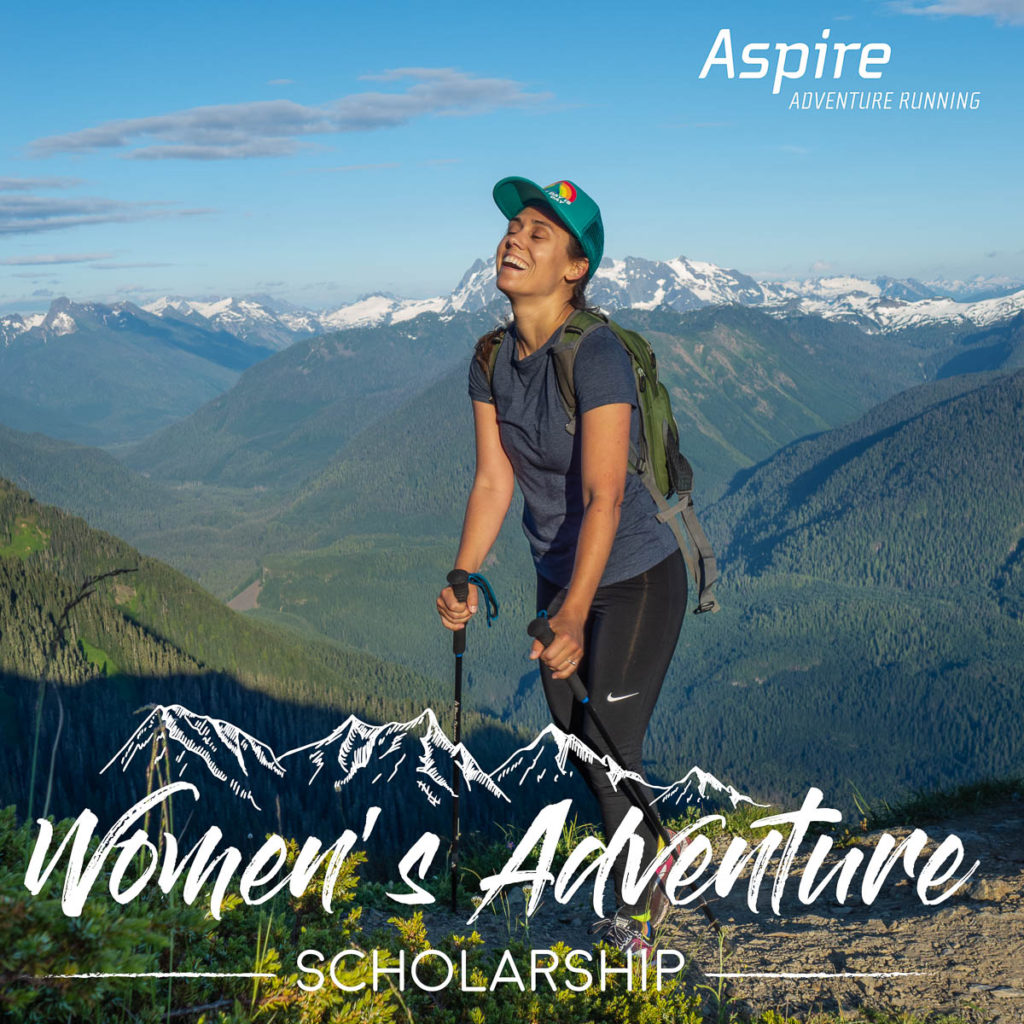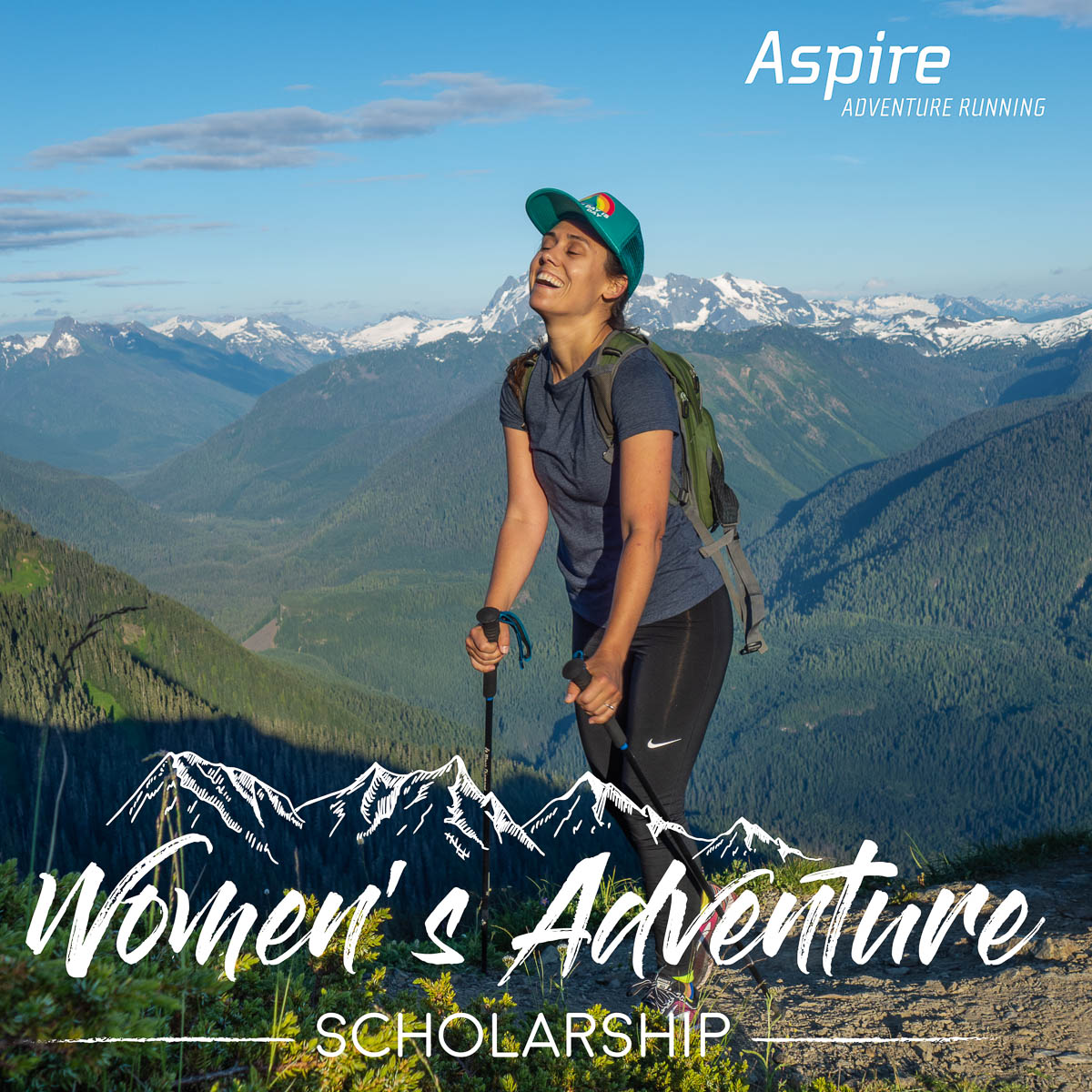Winner of the Stehekin 2019 Women’s Adventure Scholarship

Whether it is through social conditioning that is deeply rooted in the norms of our culture or whether it perpetuated by the generational rituals of our families of origin, we learn from a young age our “place” in society. It’s a way for our collective brains to categorize individuals as part of our tribe and to “other” those who are not; evolutionarily speaking, this is how societies survived famines, wars, religious persecution, etc. My earliest memories of being “othered,” was in kindergarten. My family lived on the edge of the wealthiest school district in the city. We were working class. In addition, my mother was a large woman and did not look like the other moms. My fellow 6-year-olds would laugh at our old, ugly, yet reliable car, my gently used clothing, my made-with-love sack lunches, and my beautifully fat mother. It broke my young heart. I would experience this “othering” continually as a child, young adult, and even now – snide remarks on my weight, on my lack of wealth, on my family name, and on being a woman. This is part of the human condition; the price we pay for living in societal groups, but I believe woman experience some of the harshest forms of criticism; as such, we fade away, break, or develop unbending backbones. Personally, I am the latter; I learned how to be tough, independent, and resilient.
I once had a yoga teacher say to me that the goal of yoga was not to be perfect, but to breathe ourselves through the stuck spaces around our lives so that we could reveal our tender hearts hidden under layers of protective armor and to finally make peace with who we are. For me, an overheated studio with 50 strangers is not the place for me to find this type of vulnerable self-discovery; I would rather embark on this endeavor in the wilds the pacific northwest. Here is the thing about being tough, it serves a much-needed purpose in the moment of surviving, but it does little for building true strength and creating the vital connection we all need to live with meaning. In my experience, the most empowering thing I have done as a woman is to be vulnerable, to lay my heart bare for others, and to reach for the light of human connection. I could not have learned how to do this with others, if the mountain trail hadn’t first taught me how to do it with myself.
There is a raw honestly that one finds among the dusty July mountain paths of Eastern Washington – a truth that is realized once you force yourself to breathe in deeply the smell of hot pine needles. There is a feeling of connectedness and belonging that one can only get from standing alone on an alpine mountain top in October while looking at the newly turned colors of the larch blazing like wildfire below. Getting to these places require something more than physical strength and sheer will. It requires the ability to find those supposed human weaknesses that many women have buried deeply – vulnerability, reliance on others, and ultimately, self-love. I have experienced the depth and breadth of human emotion on the mountain trail; I once screamed until my throat was sore because of sheer panic at basecamp in the Pasayten Wilderness; I have cried the heaving sobs of grief on the hardpacked earth of an ultra-race course on the high-desert outside of Ellensburg; I have shared in the side-splitting laughter that comes after sheer exhaustion with other women under the shadow of the Sawtooth range; and, I have stood in stunning awe looking down at the mist shrouded valleys on a mountaintop in the North Cascades. For me, the most empowering experience I have had and continue to have in nature, is giving in to my need to be connected to this earth and others; I have to breathe into those spaces of vulnerability, and in doing so, I am learning to live a life of meaning, and not just survival.

